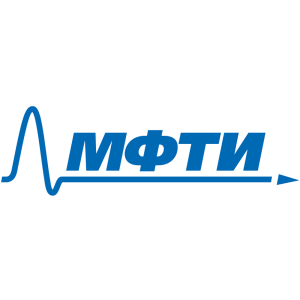Лаборатория машинного обучения в науках о Земле
Криницкий Михаил Алексеевич
В лаборатории мы занимаемся фундаметальными и прикладными исследованиями в области геофизики, океанологии, морской геологии, морской биологии, метеорологии, взаимодействия океана и атмосферы, а также динамики климата. Исследования проводятся с применением современных и классических методов машинного обучения, включая искусственные нейронные сети. Среди задач, которые решаются в лаборатории, можно перечислить мониторинг, измерения, проведение и обслуживание натурных наблюдений, а также моделирование природных процессов на различных масштабах. Исходными данными могут выступать как in situ данные наблюдений, данные дистанционного зондирования Земли из космоса, с беспилотных или пилотируемых летательных аппаратов, а также данные геофизического моделирования.
- Машинное обучение
- Искусственный интеллект
- Статистика
- Математическое моделирование
- Математическое и физическое моделирование
- Математическая статистика
- Сбор и анализ геофизических данных
- Методы распознавания образов для изучения магнитного поля Земли и решения других геофизических задач
- Анализ данных дистанционного зондирования земли
- Данные дистанционного зондирования (ДДЗ)











